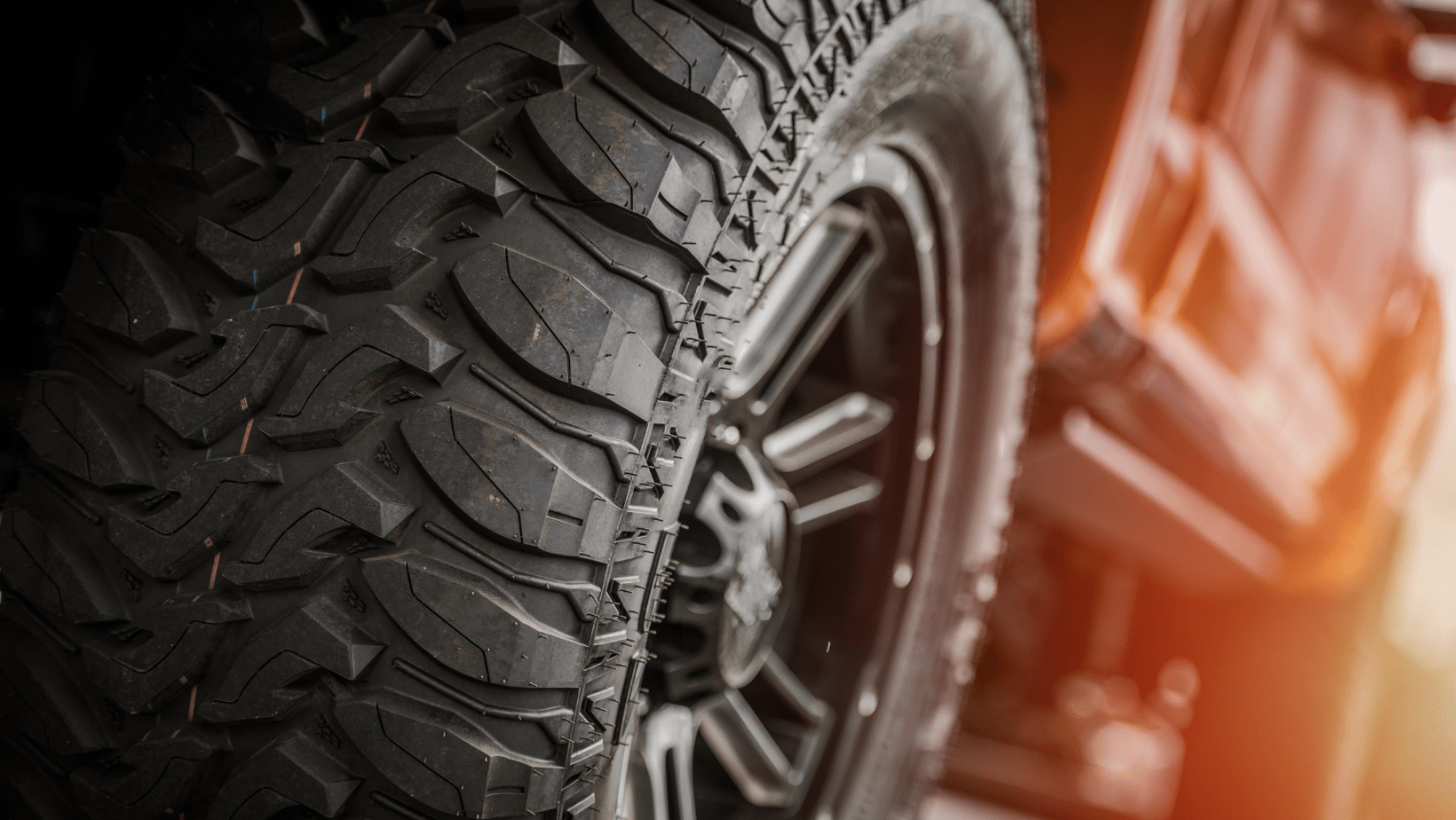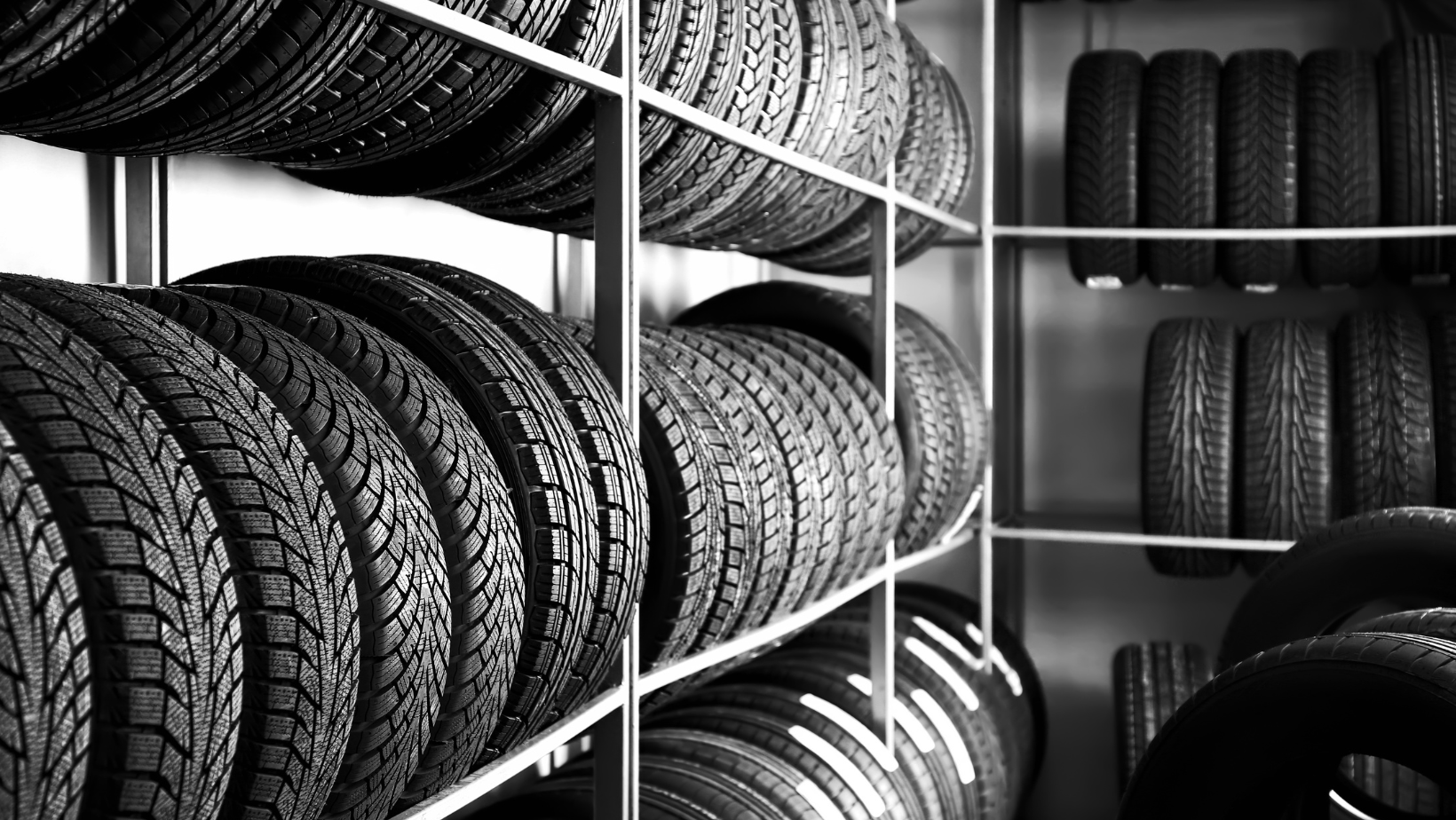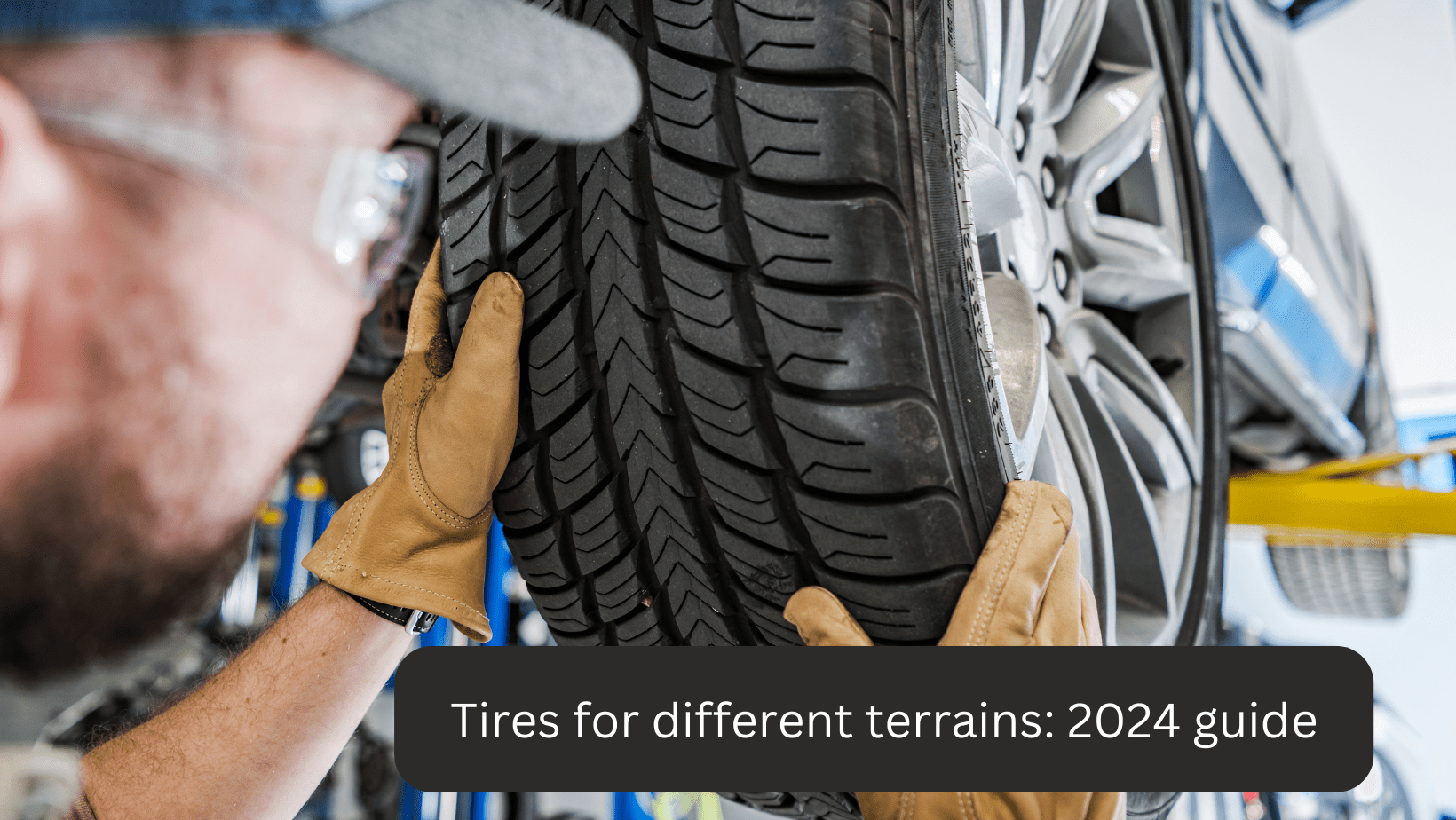Selecting the Right Tires for Different Terrains
Understanding Different Tire Types for Various Terrains
Choosing the right tires for your vehicle is not just a matter of preference, but a crucial decision that affects your car’s performance and safety. Whether you’re a passionate car enthusiast or a daily commuter, understanding the different types of tires and their suitability for various terrains can significantly enhance your driving experience. Tires are the sole point of contact between your vehicle and the road; hence, selecting the appropriate type is paramount.
Key Takeaways
| Key Point | Description |
|---|---|
| Understanding Tire Types | Exploring various tire types for different terrains and their specific applications. |
| Importance of Right Tires | Emphasizing the significance of choosing suitable tires for vehicle performance and safety. |
| Tire and Vehicle Match | Highlighting the need for matching tire types to specific vehicle models for optimal performance. |
| Performance Enhancement | Discussing how tire and wheel tuning can enhance vehicle performance. |
| Seasonal Considerations | Addressing the impact of seasonal changes on tire selection and performance. |
| Maintenance for Longevity | Stressing the importance of regular tire maintenance for safety and performance. |
The Array of Tire Choices
- All-Season Tires: Perfect for general use, all-season tires strike a balance in performance for both wet and dry conditions, making them a versatile choice for most drivers.
- Performance Tires: These are ideal for superior handling and speed, especially in sports cars. More details on this can be found in our guide on Performance Tires: Brands for Daily Driving.
- Winter Tires: Essential for cold climates, winter tires offer enhanced traction in snow and ice, ensuring safety during harsh weather conditions.
- Off-Road Tires: Adventure enthusiasts will benefit from off-road tires, designed for rugged terrains like mud and gravel. Our article, The Best Tires for Jeep Wrangler, provides excellent recommendations.
Performance Enhancement Through Tire and Wheel Tuning
Upgrading your tires is not just about aesthetics; it can dramatically improve your vehicle’s handling and performance. For those passionate about automotive performance, understanding the synergy between tires and wheels is critical. Enhance your knowledge about this with our detailed guide on Tire and Wheel Tuning: Maximizing Performance.
Matching Tires with Vehicle Types
Different vehicles have unique tire needs. For instance, sports cars like the Dodge Charger require tires that support higher speeds and better grip. For more information, see our dedicated article on the Best Tires for Dodge Charger.
Seasonality and Tire Selection
Climate and road conditions play a significant role in tire selection. Seasonal changes impact tire performance, as discussed in our article on Maximizing Fuel Efficiency: Tire Pressure & Efficiency.
Comparative Analysis of Tire Types
| Tire Type | Best Use | Key Features |
|---|---|---|
| All-Season Tires | Year-round driving | Balanced performance, moderate tread depth |
| Performance Tires | High-speed, agile handling | Low profile, increased grip |
| Winter Tires | Cold, snowy conditions | Deep treads, special rubber compounds |
| Off-Road Tires | Rough terrains | Reinforced sidewalls, aggressive treads |
| Eco-Friendly Tires | Fuel efficiency | Low rolling resistance |
| Run-Flat Tires | Safety after a puncture | Reinforced sidewalls, can run without air for a distance |
Tires for different terrains: Maintaining Performance
Regular maintenance is key to ensuring your tires last longer and perform safely. This includes checking tire pressure, alignment, and tread wear. Proper maintenance not only ensures safety but also enhances performance and longevity.
The Impact of Tread Patterns and Tire Size

Tread Patterns: The Game Changer
The tread pattern of a tire significantly influences its performance. Tread designs affect traction, noise levels, and how effectively water is displaced, thus impacting the tire’s grip on different surfaces. For instance, a tire designed for off-road use will have a more aggressive tread pattern to handle rugged terrains, compared to the more modest tread of an all-season tire.
Importance of Correct Tire Size
The size and fit of the tire are equally important. Ensure the tire size matches your vehicle’s requirements to maintain optimal performance and safety. An incorrect tire size can lead to reduced handling capabilities and even safety risks.
Understanding Tire Selection for Different Vehicles
Different vehicles demand different types of tires, tailored to their design and performance needs. For example:
- Sports Cars: Vehicles like the Dodge Charger or Ford Mustang require high-performance tires that offer better grip and support for higher speeds.
- Off-Road Vehicles: SUVs and trucks used for off-roading need robust, durable tires with deep treads and reinforced sidewalls for rugged terrains.
- Daily Drivers: Regular passenger vehicles generally benefit from all-season tires that provide a good balance of performance in various conditions.
Maximizing Fuel Efficiency Through Tire Choice
The type of tires you choose can also impact your vehicle’s fuel efficiency. Tires with low rolling resistance, such as eco-friendly tires, can help reduce fuel consumption. This is achieved by minimizing the energy lost due to friction between the tire and the road surface. Understanding the relationship between tire choice and fuel efficiency is essential for making an informed decision. For more insights, explore our detailed article on Maximizing Fuel Efficiency: Tire Pressure & Efficiency.
The Aesthetic and Practical Benefits of Tire Choice
Engine Sound Enhancement
For many car enthusiasts, the sound of the engine is a crucial aspect of the driving experience. Changing to a high-performance cold air intake system can significantly enhance the engine’s roar, adding to the overall aesthetic appeal of the vehicle. This improvement is not just about the sound; it also contributes to the car’s resale value, as a powerful engine sound can be a selling point for potential buyers.
Safety and Convenience with Run-Flat Tires
Run-flat tires offer an additional layer of safety and convenience, allowing you to continue driving for a limited distance even after a puncture. This feature can be a lifesaver in situations where changing a tire is not feasible or safe.
The Essentials of Tire Pressure, Alignment, and Tread Wear
The Role of Tire Pressure in Performance
Tire pressure is a critical factor in determining how a tire performs. Under-inflated or over-inflated tires can lead to uneven wear, reduced grip, and even increased fuel consumption. It’s essential to regularly check and maintain the correct tire pressure as recommended by the vehicle manufacturer to ensure optimal performance and safety.

Alignment for Extended Tire Life
Proper wheel alignment is crucial for even tire wear and optimal handling. Misaligned wheels can cause your tires to wear out prematurely and unevenly, affecting the vehicle’s handling and fuel efficiency. Regular alignment checks are recommended, especially if you notice your vehicle pulling to one side or if you’ve hit a pothole recently.
Monitoring Tread Wear
Tread wear is an excellent indicator of tire health. Uneven tread wear can indicate issues with alignment, tire pressure, or the need for rotation. It’s important to monitor tread wear regularly to ensure your tires are in good condition and to replace them when necessary. Worn-out treads can significantly reduce traction, especially in wet conditions, leading to increased stopping distances and a higher risk of accidents.
Conclusion: The Comprehensive Guide to Tire Selection and Maintenance
In conclusion, understanding the intricacies of tire selection and maintenance is crucial for any vehicle owner. From choosing the right tires for different terrains and driving conditions to ensuring regular maintenance for longevity and safety, each aspect plays a vital role in enhancing your driving experience. By being informed and proactive about your tire choices and maintenance, you can ensure optimal vehicle performance, safety, and fuel efficiency.
Remember, tires are the only point of contact your vehicle has with the road. Choosing the right ones and keeping them in top condition is not just about performance; it’s about your safety and that of others on the road.




